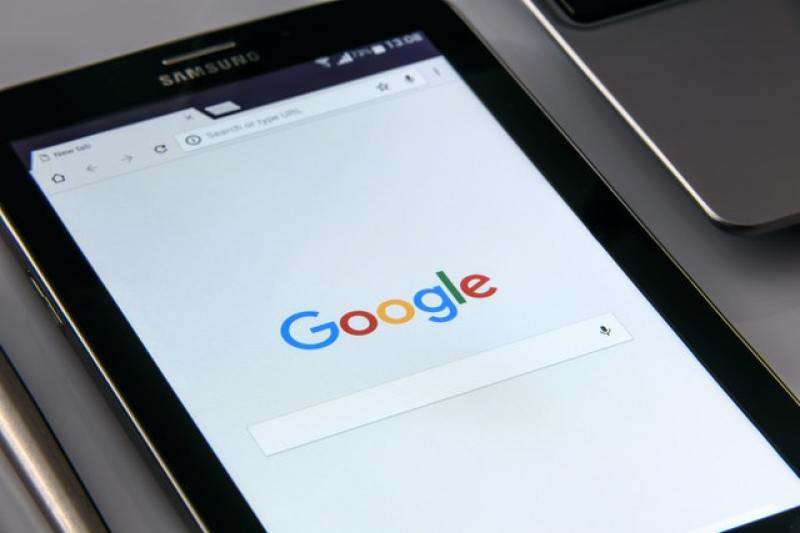
Washington D.C. Attorney General Karl Racine announced on Sunday that he is suing Google for almost a decade of "deceiving users" whose private information are being exploited.
Racine raised in a series of tweets in Twitter that Google posed to protect users' private information but have actually been secretly invading privacies for profit.
"BREAKING: My office is suing Google for deceiving users and invading their privacy. Google claims that changing your device and account settings protects your data. The truth is, since 2014, Google has systematically surveilled users no matter what settings they choose," Racine declared.
"Google uses tricks to continuously seek to track a user's location, but the time of trickery for profits is over. We sued Google today to hold them accountable for illegally using 'dark patterns' to deceive users and invade their privacy," he added.
Washington Post Tech Policy Reporter Cat Zakrzewski said Racine filed the lawsuit on Monday along with "several other state attorneys general" due to Google's profiteering of users "from their location data." Zakrewski explained that Google violated several state laws on consumer protection for deploying "dark patterns" of designing "tricks that can subtly influence users' decisions in ways that are advantageous for a business. The other attorneys general are Texas' Ken Paxton, Washington's Bob Ferguson, and Indiana's Todd Rokita.
"The lawsuits say Google has designed its products to repeatedly nudge or pressure people to provide more and more location data, 'inadvertently or out of frustration.' The suits allege this violates various state and D.C. consumer protection laws," Zakrzewski said.
Rokita confirmed the lawsuit against Google, which he said is an example of disciplining the abuses of Big Tech.
"On behalf of Hoosiers, I continue to stand up to Big Tech's deceptive business practices. Our lawsuit against Google over its harvesting of location data is just the latest example of our work to hold these companies accountable," Rokita said in Twitter on Tuesday.
Meanwhile, in a statement dated Monday, Ferguson revealed how Google's deception works. Ferguson disclosed that turning off the "Location History" actually works to the benefit of Google who is able to target ads for its users through it. This "unfair practice" is deceptive since users are made to believe that they have control over their information.
But instead of users being kept private when they turn off the "Location History" in their account settings, Google is still able to target ads to users through it by making it difficult for users to stop them from collecting their data.
Malpractices include "hard-to-find location settings, misleading description of location settings, repeated nudging to enable location settings, and incomplete disclosures of Google's location data collection."
"Location data is deeply personal for consumers. This information reveals the most significant details of our lives. Google denied consumers the ability to choose whether Google could track their sensitive location data to make a profit. Google kept tracking individuals' location data even after consumers told the corporation to stop. This is not only dishonest--it's unlawful," Ferguson said.
Racine, in a statement, elaborated that Google constantly conducts surveillance of its users through its many products that operate simultaneously in analyzing personal and behavioral data. Output of the analysis is sold by Google through its digital advertising business, which have generated $150 billion in 2020 alone.
According to Racine, the bi-partisan lawsuit with the three other states aim to not only hold Google accountable but also help consumers be educated on what is really happening each time they use their phones and connect online. The lawsuit is an aftermath of the investigation held by the Attorney General's Office on the 2018 report of The Associated Press that warned the public to be wary because Google "records your movements even when you explicitly tell it not to."
"Google's bold misrepresentations are a clear violation of consumers' privacy. I'm proud to lead this bipartisan group of attorneys general that will hold Google accountable for its deception. Through this lawsuit, we will hold Google accountable, and in the process, educate consumers on how their personal data-particularly sensitive data about their physical location-is collected, stored, and monetized. This result of our collective action is that consumers, not Google, will determine how their data is or is not used," Racine stressed.























